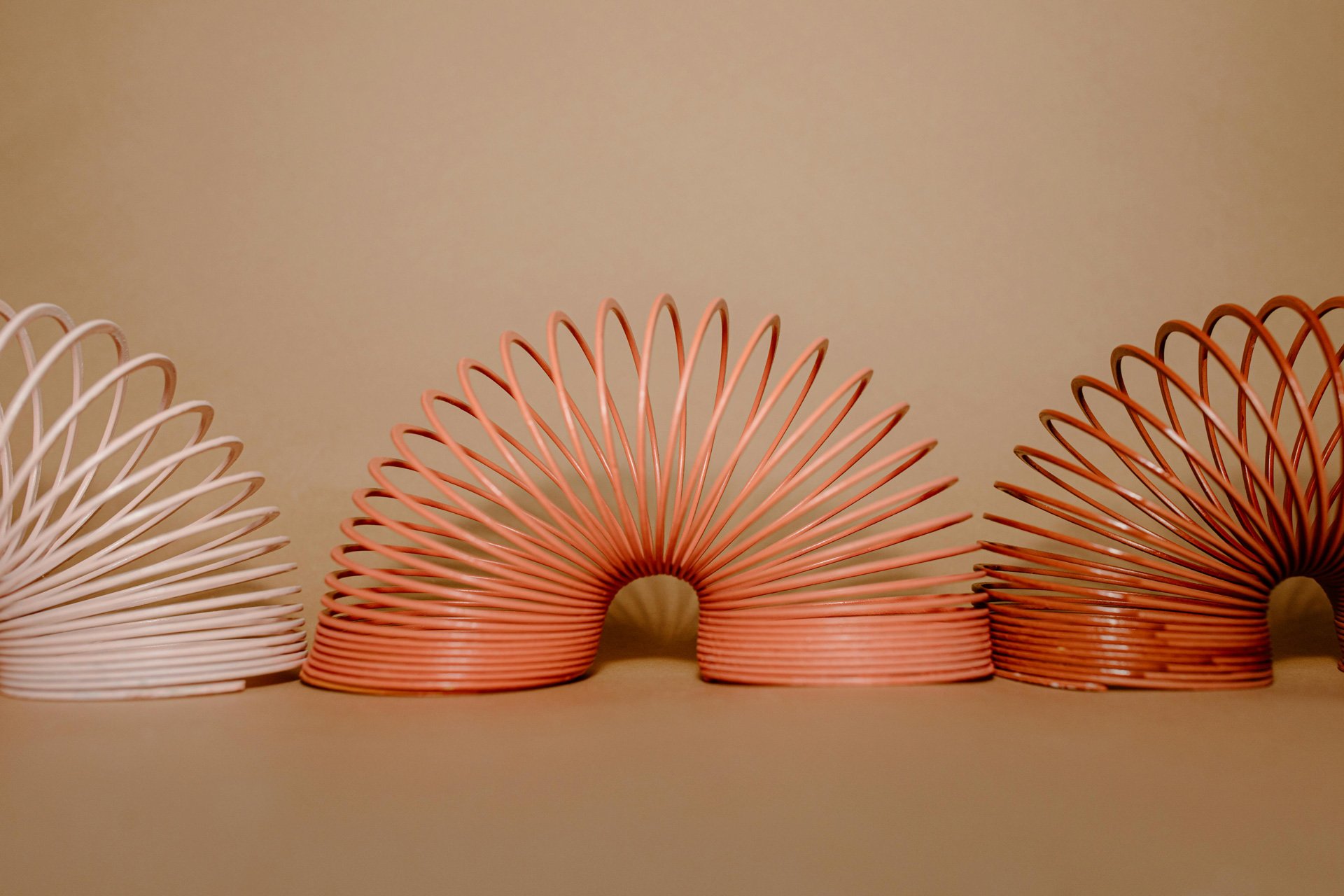Personal Growth & Wellness Resources
Browse by Category

Reciprocity in Romantic Relationships | Why Love Feels One-Sided
If your relationship feels one-sided, that feeling matters. Lack of reciprocity often creates anxiety, exhaustion, and self-doubt, especially for people who over-function to maintain connection. This piece explores how emotional imbalance affects relationships and what healthy reciprocity actually feels like.

Motherhood Is Hard (And We Need to Stop Pretending Otherwise)
A tender, honest exploration of the emotional complexity of motherhood—maternal ambivalence, the burden of expectations, the shame of struggling, and the taboo surrounding mothers who need solitude. Includes insights from Discovering the Inner Mother by Bethany Webster.

Attachment Theory: How Early Patterns Shape Adult Relationships (Without Putting You in a Box)
Clear, human language on attachment—what you learned early, how it shows up now, and how to grow beyond anxious/avoidant habits in real life.

Who Are You Beneath What You Do?
A gentle, practical look at who you are beneath roles and achievements—plus prompts to map what shaped you and where you want to go next.

The Paradox of Complex Post Traumatic Stress Disorder (CPTSD)
I’ve heard people say things in therapy that most would never dare to admit out loud. When someone whispers, “I wish my parents would die,” I don’t hear cruelty — I hear pain that has nowhere else to go. Complex PTSD isn’t about one traumatic event. It’s about growing up in an environment where love and fear coexist, where safety was never guaranteed. This piece explores what it means to live with that contradiction — to crave closeness while fearing it, to long for healing while still carrying the weight of survival.

On the Obsession with Progress
I’ve noticed how often we measure ourselves against an invisible standard of “progress.” Patients worry they’re not changing fast enough, or that circling the same themes means they’re failing. But therapy isn’t a straight climb upward. Growth is messy, cyclical, and often quiet. What looks like stasis is sometimes deep integration. Repetition isn’t failure—it’s how we turn experience into meaning.




